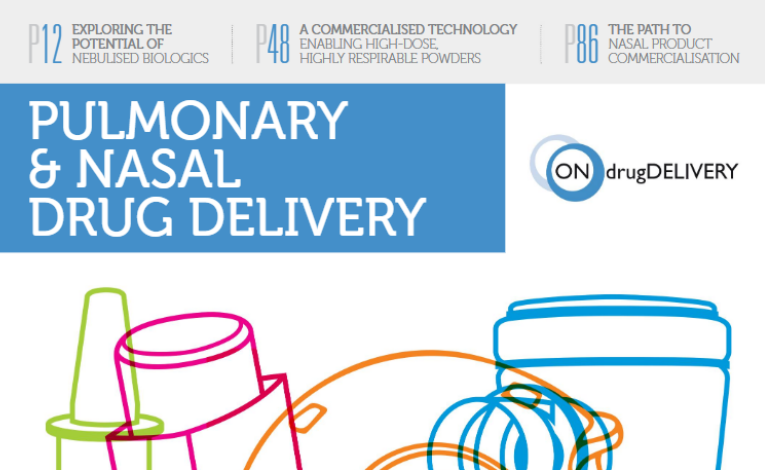The exploration of the nose-to-brain route for drug delivery is particularly promising, offering a direct pathway to the CNS, bypassing the blood-brain barrier (BBB) which has traditionally been a significant obstacle in treatment. Research is expanding beyond small molecules to include biologics, stem cells, monoclonal antibodies (mAbs), and exosomes in clinical trials, with animal studies showing encouraging results in transporting products to targeted brain areas. This innovative approach has the potential to revolutionize treatments for a wide range of neurological conditions.
The evolution of nasal drug delivery is not just limited to pharmacological advancements but also encompasses the development of new devices and formulations to maximize the efficacy and patient compliance. Patients’ preferences play a crucial role in this regard, influencing the design and development of nasal drug delivery systems from the outset. Conditions such as Parkinson’s and Alzheimer’s, as well as emergency scenarios handled by first responders, are areas where targeted intranasal delivery is being optimized for maximum drug deposition within specific regions of the nasal cavity. The industry’s understanding of controlling and aligning drug delivery within the nasal pathways is advancing, promising more precise and effective treatments.
Aptar Pharma supports biopharma companies in optimizing nasal drug products for controlled, targeted, and reliable dose delivery. With a wealth of experience in managing combination product requirements, user needs, and regulatory pathways, Aptar Pharma has become a pivotal player in bringing innovative nasal drug delivery solutions to market. Their focus on formulation development, regulatory preparation, and patient onboarding processes exemplifies their commitment to smoothing the journey from product conception to launch.
One of the key challenges in leveraging nasal drug delivery for CNS conditions lies in overcoming the BBB. While the nasal route offers a promising alternative for delivering drugs directly to the brain, the variability in nasal anatomy and the difficulty in targeting the olfactory zone pose significant hurdles. However, the development of new devices aimed at addressing these challenges, along with ongoing research into regulatory pathways and drug delivery mechanisms, suggests a bright future for intranasal therapies.
As the pharmaceutical industry continues to explore and expand the capabilities of nasal drug delivery, the potential for addressing a wide array of diseases and conditions grows. The systemic delivery of drugs via the intranasal route holds the promise of offering more efficient, patient-friendly, and targeted therapies, particularly for diseases that have long been challenging to treat. With ongoing advancements in technology, formulation techniques, and device development, nasal drug delivery is poised to become a key player in the future of pharmaceuticals, offering new hope for patients with CNS diseases and beyond.
Learn more about Aptar Pharma Expertise
in Nasal Drug Delivery
This Might Also Be of Interest
Cyclosporine – A Micellar Nasal Spray: A Promising Antiviral Solution Against S...
Publications, Pharmaceutical, Device Innovations, Market Insights, Product Solutions

Advancing OINDP Clinical Trials with Speed and Efficiency: Strategies for Success
Publications, Pharmaceutical, Innovation & Insights, Market Insights, Product Solutions

Exploring Nasal Casts in Nasal Drug Development
Publications, Pharmaceutical, Innovation & Insights, Market Insights, Product Solutions

Delivering Nasally Administered Biologics
Webinars, Pharmaceutical, Market Insights, Product Solutions, Innovation & Insights, Device Innovations

